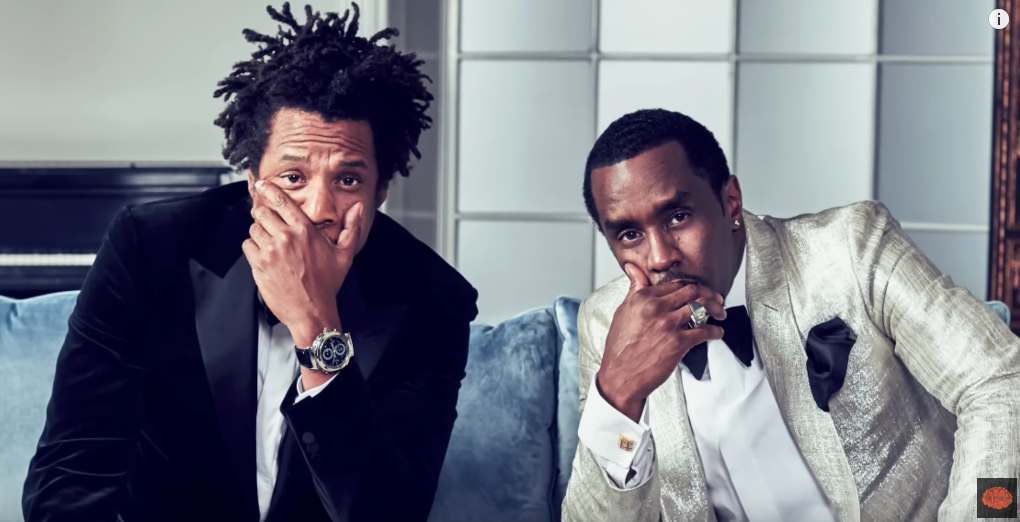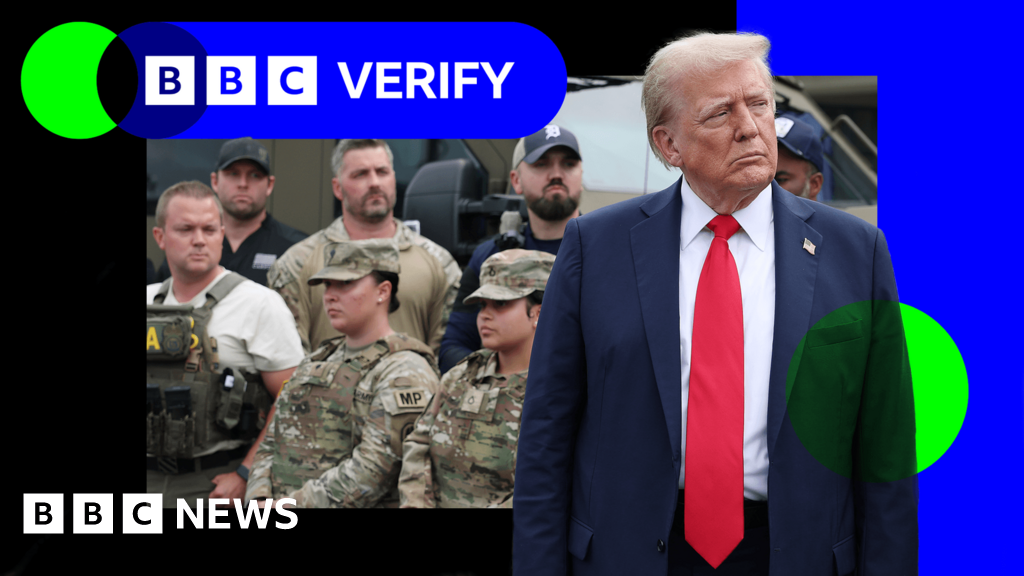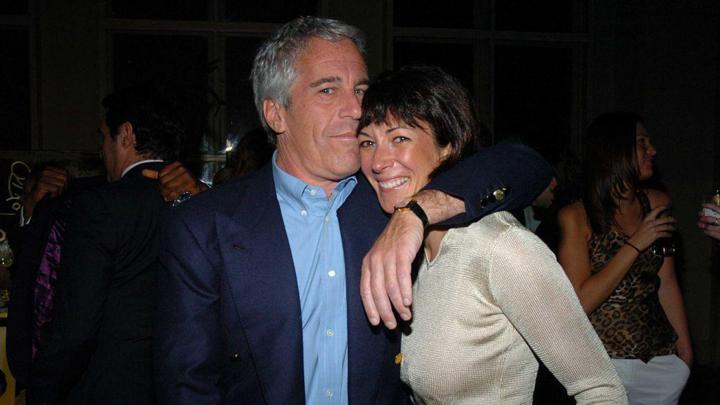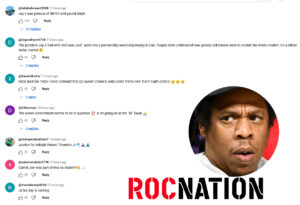The recent trial of Sean "Diddy" Combs has ignited discussions about the persistent issues of sexual abuse and power dynamics within the hip-hop industry. Testimony from former girlfriend Cassie Ventura revealed horrifying details of their relationship, where she accused him of violent behavior, coercion, and involvement in degrading sexual acts. Despite a guilty verdict on several charges, the broader question remains: Why has it taken so long for such allegations to surface and be taken seriously within hip-hop?
The trial not only shed light on Combs’ controlling nature but also the systemic issues that victims in the music industry face. Survivors often grapple with fear of being silenced, ostracized, or dismissed. Cristalle Bowen, a rapper and author, emphasizes the deeply entrenched misogyny in the hip-hop culture, where female artists are frequently marginalized and silenced. This culture exacerbates the difficulty for victims to come forward, compounding issues of race and gender.
Despite the evident parallels with Hollywood's MeToo movement, the music sector, particularly hip-hop, has struggled to achieve similar accountability. Activists argue that the industry has long protected powerful individuals while shunning victims, creating a culture of complicity. Various stakeholders from the industry voice a need for a coordinated response akin to the changes seen in Hollywood since the #MeToo initiative gained traction.
With the rise of legal avenues for survivors, such as new laws allowing retrospective claims in states like New York and California, it feels like a pivotal moment for the music industry. Unfortunately, complacency still reigns, as seen with figures like Combs who retain significant public support despite their troubling histories.
The question remains: Can a MeToo-like movement take root in hip-hop? While the recent verdict may stir discussions, it alone is insufficient to drive lasting changes within the industry. Campaigners insist on new regulations and an environment conducive to addressing these issues openly and effectively. If meaningful actions are taken soon, the industry may finally begin to confront its past, leading to a safer environment for artists and entertainers alike.
The emphasis for change is not just on the accountability of individuals but on systemic reform that ensures the safety and dignity of all involved in the music industry. As society begins to open up discussions around these critical issues, one can hope that influences from both survivor narratives and advocacy groups help cultivate a lasting impact within hip-hop’s cultural landscape.





















